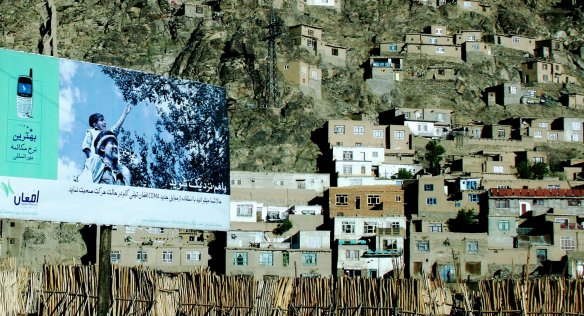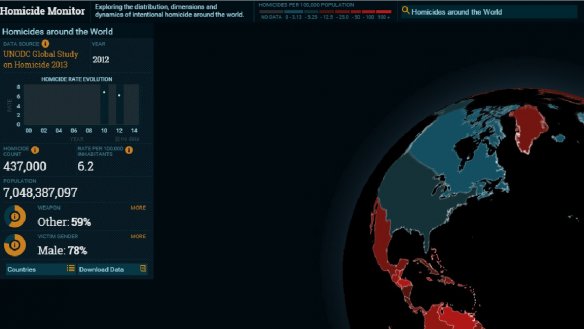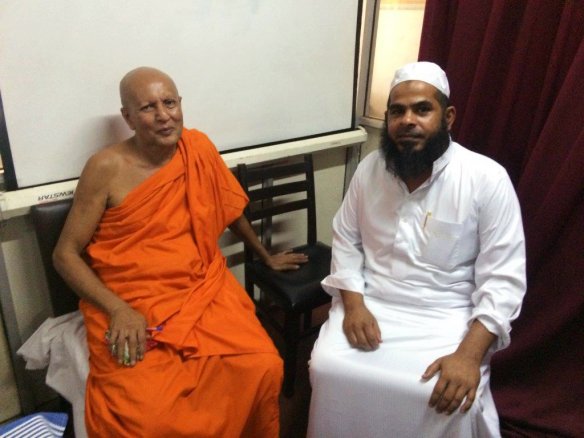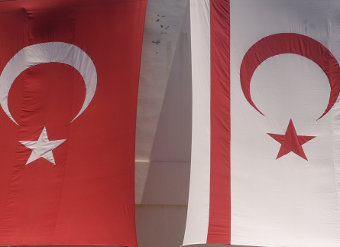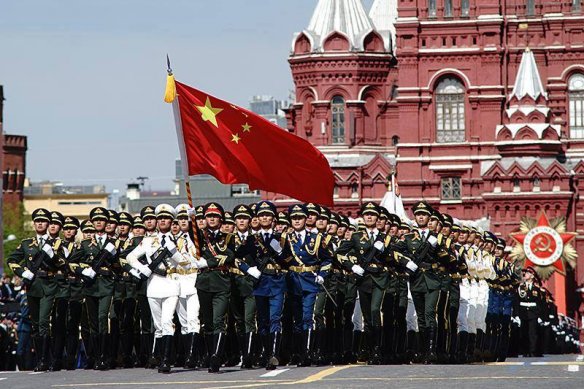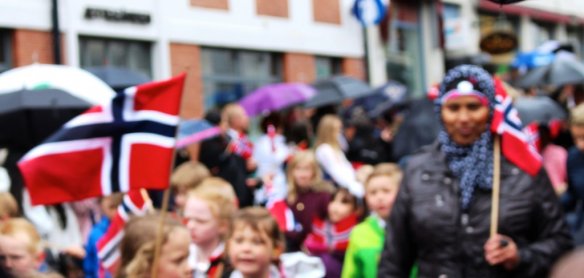
Photo: Rojan Tordhol Ezzati
In May 2015, one of Norway’s leading daily newspapers, Aftenposten, launched a series of profiles titled #JegErNorsk (#IAmNorwegian). One is of Slavomir, who has made his everyday life easier by changing his name to Stian. Another is of Tara, who feels at her least Norwegian on Norway’s national day, when – with her immigrant background and lack of the traditional Norwegian costume – she senses that other people do not see her as Norwegian. Finally there is Aon, who is frustrated about depictions in the Norwegian media of immigrants and Muslims.
Each of these young people, in his or her own way, addresses the issue of what it takes to gain acceptance. Given their immigrant backgrounds, this involves asking what it means to be Norwegian, and whether it is possible to become Norwegian.
Throughout Europe, national identity is now central to public debates on immigration and integration. As these debates show, dealing with increasing societal diversity has become a highly politicized issue, where concerns about security and migration are often conflated. Norway is a case in point. In this blog post we discuss national identity by looking at various factors that may suggest inclusion – or exclusion.
Read More


